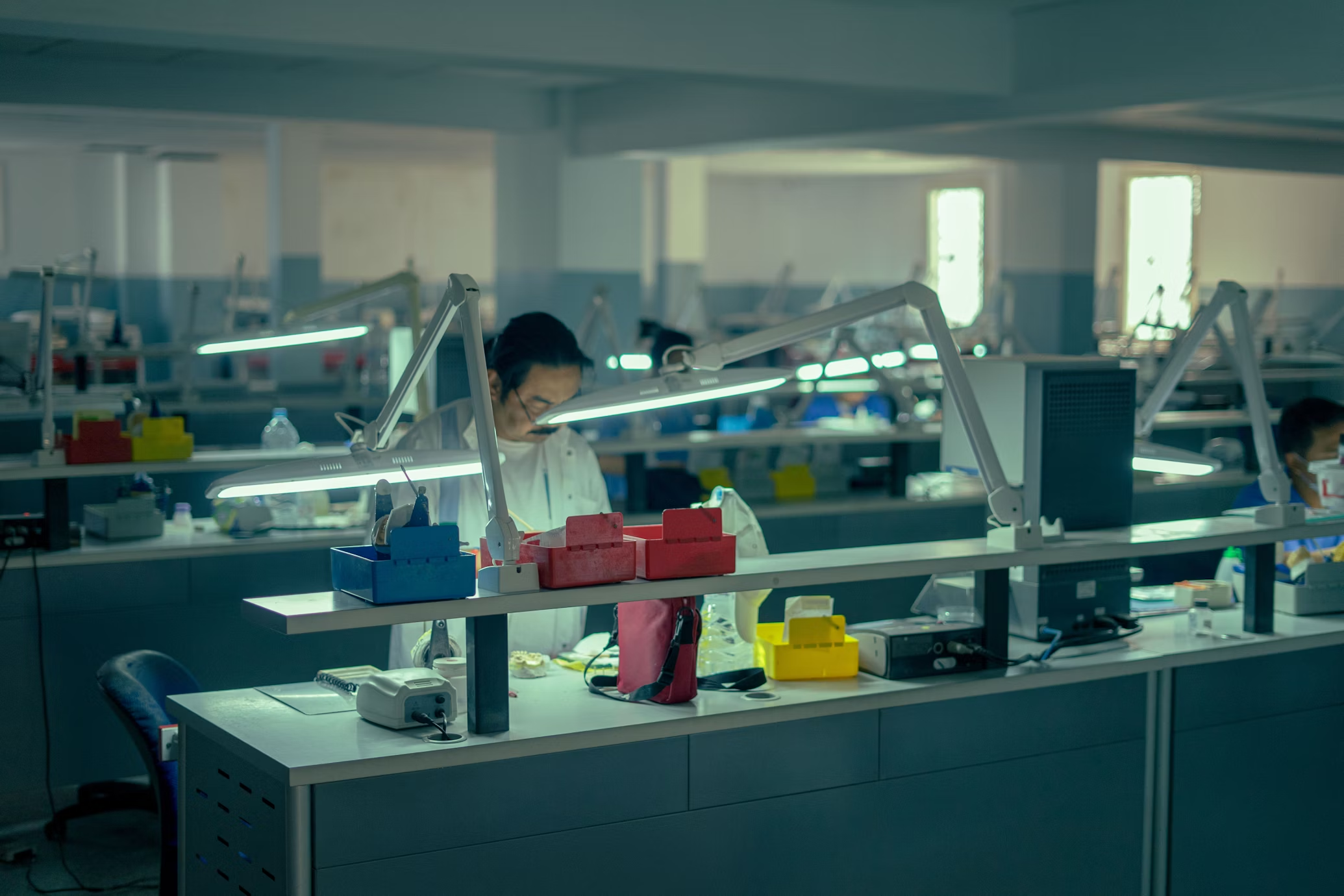
AI on the Assembly Line: How Automation is Transforming Manufacturing Careers Remember those childhood afternoons spent glued to robot cartoons, dreaming of a future filled with futuristic machines? Well, guess what? The future is now, and those robots are rolling off the factory floor and onto the assembly line. But fear not, fellow human – this isn't a Terminator situation.
This is a story about automation and how it's transforming the manufacturing industry, creating new opportunities for those with the right skillset. Think of a traditional assembly line as a bustling high school cafeteria. It's organized chaos, with people buzzing around, completing specific tasks. Now, imagine replacing some of those tasks with super-efficient robots. That's the basic idea behind automation in manufacturing. Here's the thing: robots aren't here to steal all the jobs. They're actually taking over the repetitive, potentially dangerous tasks. Remember that scene in a movie where someone gets their arm caught in a giant machine? Yeah, automation can help eliminate those situations. So, what does this mean for your career in manufacturing?
It means a shift from manual labor to higher-skilled positions. Here are some exciting new roles emerging: Robotics Technicians: You'll be the robot whisperers, ensuring these high-tech machines are running smoothly and safely. Think of yourself as the pit crew for Formula One race cars, but way less greasy (hopefully!). Automation Specialists: You'll be the masterminds behind the automation magic, designing and implementing systems that optimize production. Imagine yourself as a conductor of a complex orchestra, leading the robots and humans in a synchronized dance of efficiency. Data Analysts: Manufacturing is all about data – production rates, machine performance, etc. You'll be the data detectives, analyzing this information to identify areas for improvement and ensure everything runs like a well-oiled machine (pun intended). Consider yourself a manufacturing Sherlock Holmes, piecing together clues from data to solve production puzzles. The key takeaway? The future of manufacturing careers is all about collaboration. Humans and robots will work side-by-side, leveraging each other's strengths. Here's why you should be excited: Job security: Automation creates new opportunities, not just eliminates them. The demand for skilled workers to design, maintain, and manage these systems is high. Upskilling opportunities: Many companies offer training programs to help existing employees develop the skills needed for these new roles. A more rewarding career: These jobs involve problem-solving, critical thinking, and creativity.
It's more than just pushing a button – it's about being part of the cutting edge of manufacturing. So, if you're looking for a dynamic career path where you can work alongside robots and be at the forefront of technological innovation, then manufacturing might be the perfect fit. Remember, the future of manufacturing isn't just about robots – it's about humans and robots working together to build a better, more efficient tomorrow.







.png)







.png)












.png)


.png)
.png)














































